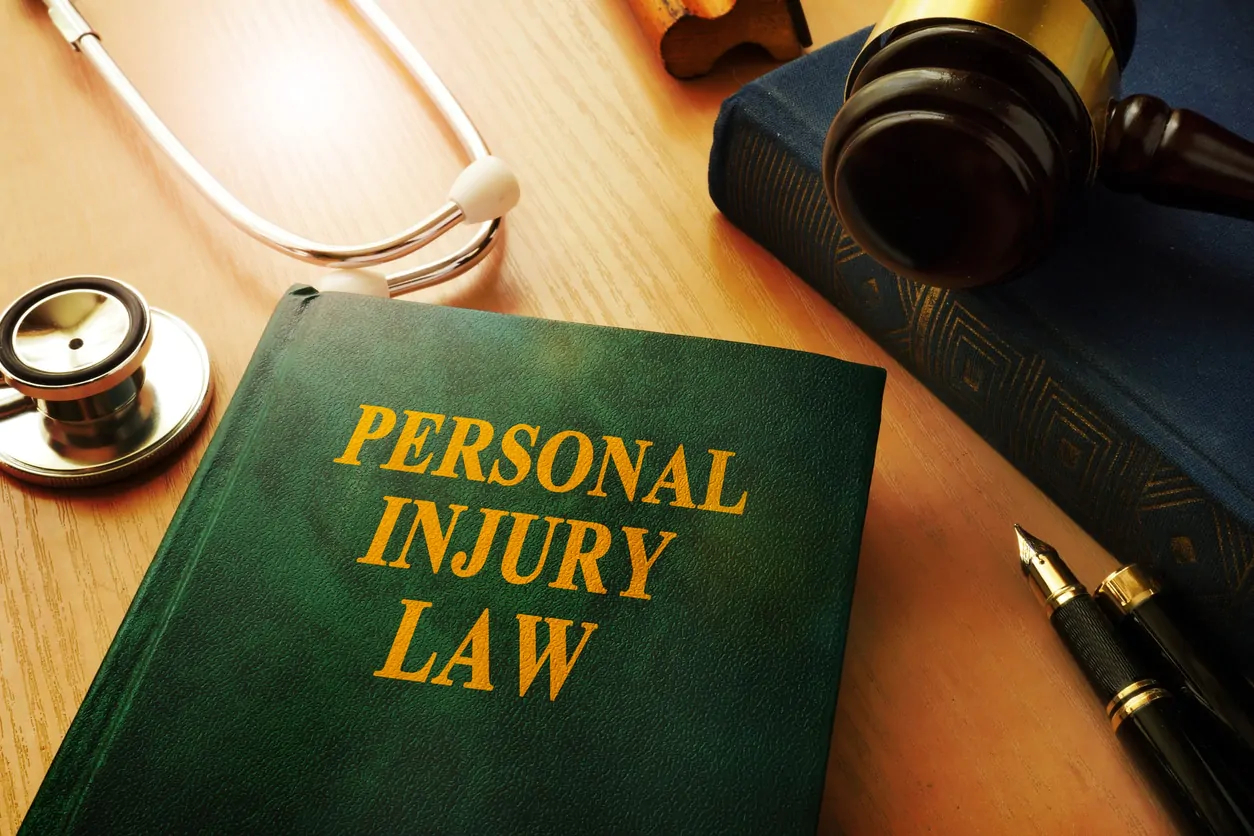What Happens After Deposition in a Personal Injury Case?

If an accident takes place in Illinois, victims can file a personal injury case to recover financial compensation from the liable party. After a personal injury case has been brought, the discovery process will begin. Discovery is the legal phase where both parties gather evidence and information to build their case. This can include requesting depositions, also known as oral testimonies. What happens after a deposition in a personal injury case will depend on whether a case is settled out of court or if a trial will be necessary to reach a verdict.
What Is a Deposition in a Personal Injury Case in Illinois?
A deposition is a legal procedure where a witness, often the plaintiff, defendant, an expert in the field, or third party witnesses, provide testimony outside a courtroom. Attorneys on both sides of the case are present, and a court reporter is there to record the proceedings.
Depositions allow the attorneys to gather information, assess the credibility of witnesses, and uncover evidence. These recorded testimonies can be used to help with trial preparation, possible settlement negotiations, or during the trial itself. Depositions help build a strong case by providing insights and transparency into the facts surrounding the personal injury claim.
How Does the Deposition Process Work?
Depositions are the first opportunity for parties to share their version of events of the accident. Parties that are being deposed agree on a date, time, and location for the deposition. Witnesses will be notified in advance when the interview is to take place and are required to attend.
The witness is placed under oath during the interview, so the witness needs to answer all questions truthfully. A court reporter is present to record the testimony in case it is needed during the court proceedings. If the witness has a lawyer present, he or she may raise objections to a question, but the witness usually needs to provide an answer. Once all questions have been answered, the deposition is completed, and the transcript will be prepared for review by both parties attorneys.
How to Act During a Deposition
Witnesses should remember that when they are interviewed in a deposition, even though they are not in a court, they are under oath. They will need to answer all questions honestly. The presence of an attorney is essential. A lawyer will handle objections and prevent inappropriate questioning, ensuring the deposition centers on relevant matters. He or she will also help the witness stay composed and on track while answering interview questions.
When interviewed during a deposition, the witness should:
- Try to stay calm and composed.
- Let the attorney finish each question before giving a response.
- Speak with a clear voice, keeping answers concise, and try not to volunteer any information outside the scope of the question.
- If the witness is unsure about an answer, it’s acceptable to say, “I don’t recall.”
- Ask for clarification on any confusing questions, so the answer is not speculation or a guess.
- Dress in appropriate attire and maintain professionalism before and after the interview.
The witness should also remember to be respectful to all present, including opposing counsel. Once the deposition has concluded, the court reporter will prepare the transcript for both parties’ attorneys for review.
What Are the Steps After the Deposition?
After all necessary individuals have been interviewed in a personal injury case, several key steps follow to advance the legal proceedings. Both attorneys on the case will review the recorded testimonies and written transcripts to identify the strengths and weaknesses in their case. They may engage in further investigation based on the information obtained in these oral testimonies.
Depositions reveal information, insights, and details that may not have been previously known. Witness accounts may uncover inconsistencies in initial statements that can impact the case’s credibility. Additional witnesses or parties relevant to the incident may be revealed. Expert witnesses can provide insights that might not be present in written reports from the accident. Depositions help attorneys make strategy adjustments, enhancing their overall approach to the personal injury case.
Settlement Negotiations
Depositions often lead to settlement negotiations between the two parties, as parties better understand each other’s positions in the case. The settlement negotiation phase is where parties seek to resolve the dispute before the claim continues on to trial. Attorneys will present evidence, expert opinions, and the potential outcome of a trial to help negotiate for fair compensation.
Attorneys can use the information revealed in depositions to refine their negotiation strategies. If testimony strengthens the claim, it may lead to a more favorable settlement offer. The liable party might become more inclined to settle rather than risk an unfavorable outcome in court. Both sides of the case will assess the potential risks of proceeding to trial. Settlement agreements can help provide a timely resolution and help reduce the costs of having to litigate a case through the trial process.
How a Deposition Impacts Trial Preparation for a Personal Injury Case
If a settlement agreement isn’t reached, the personal injury lawyer will continue preparing for trial. Depositions significantly influence trial preparation by determining what motions might be filed to strengthen or challenge evidence. Information revealed from testimony might also enable attorneys to gather additional documentation or evidence. A deposition’s content can also influence the selection of witnesses that may be called to the stand at a trial. Deposition transcripts are valuable tools for preparing for cross-examination. These witness testimonies can expose inconsistencies in the case that can be brought to life during questioning on the stand. A personal injury lawyer might also use depositions to help in anticipating the opposing party’s arguments and help craft effective counterarguments.
Overall, information found in a deposition can help influence the creation of a compelling narrative. Depositions also help to streamline trial presentation and enhance the lawyer’s ability to secure a favorable outcome for the victim through a settlement agreement or an awarded amount in court. Retaining legal representation for a deposition in Illinois can help safeguard your interests.




